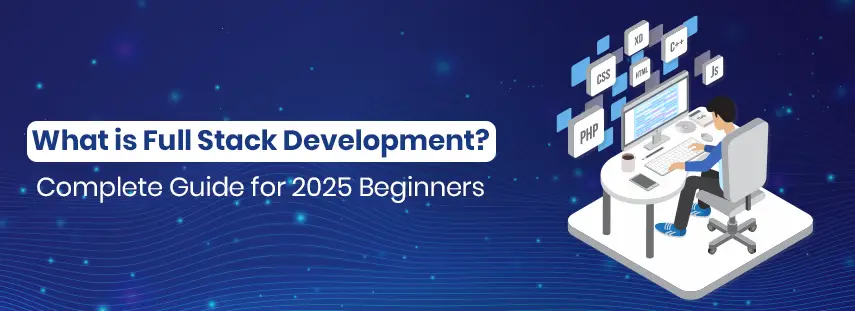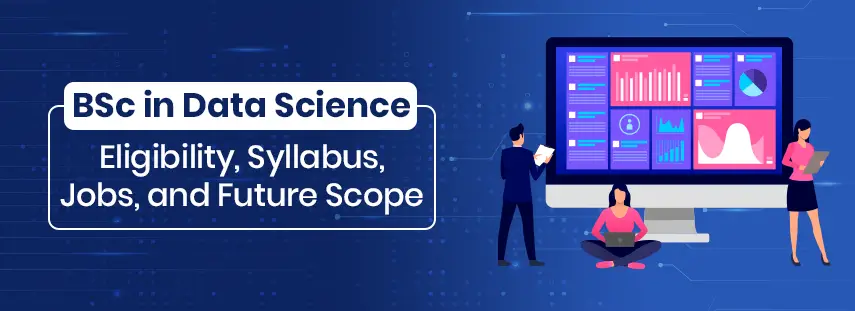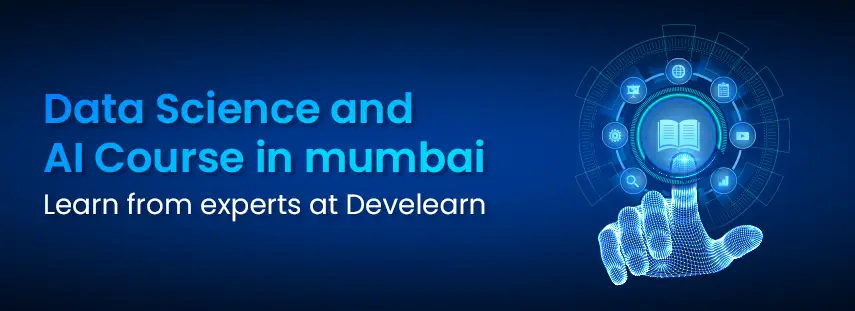Join As Students, Leave As Professionals.
Develearn is the best institute in Mumbai, a perfect place to upgrade your skills and get yourself to the next level. Enroll now, grow with us and get hired.

Free From Google: Generative AI Learning Path
In this blog, we demystify the fascinating realm of Generative AI, offering you a unique opportunity to harness the power of artificial intelligence without any cost. Whether you're a seasoned developer or a curious beginner, this learning path is designed to equip you with the knowledge and skills needed to thrive in the rapidly evolving world of AI.
Generative AI
DataScience
Artificial Intelligence
Education
Develearn
4 minutes
October 6, 2023
Loading content...




